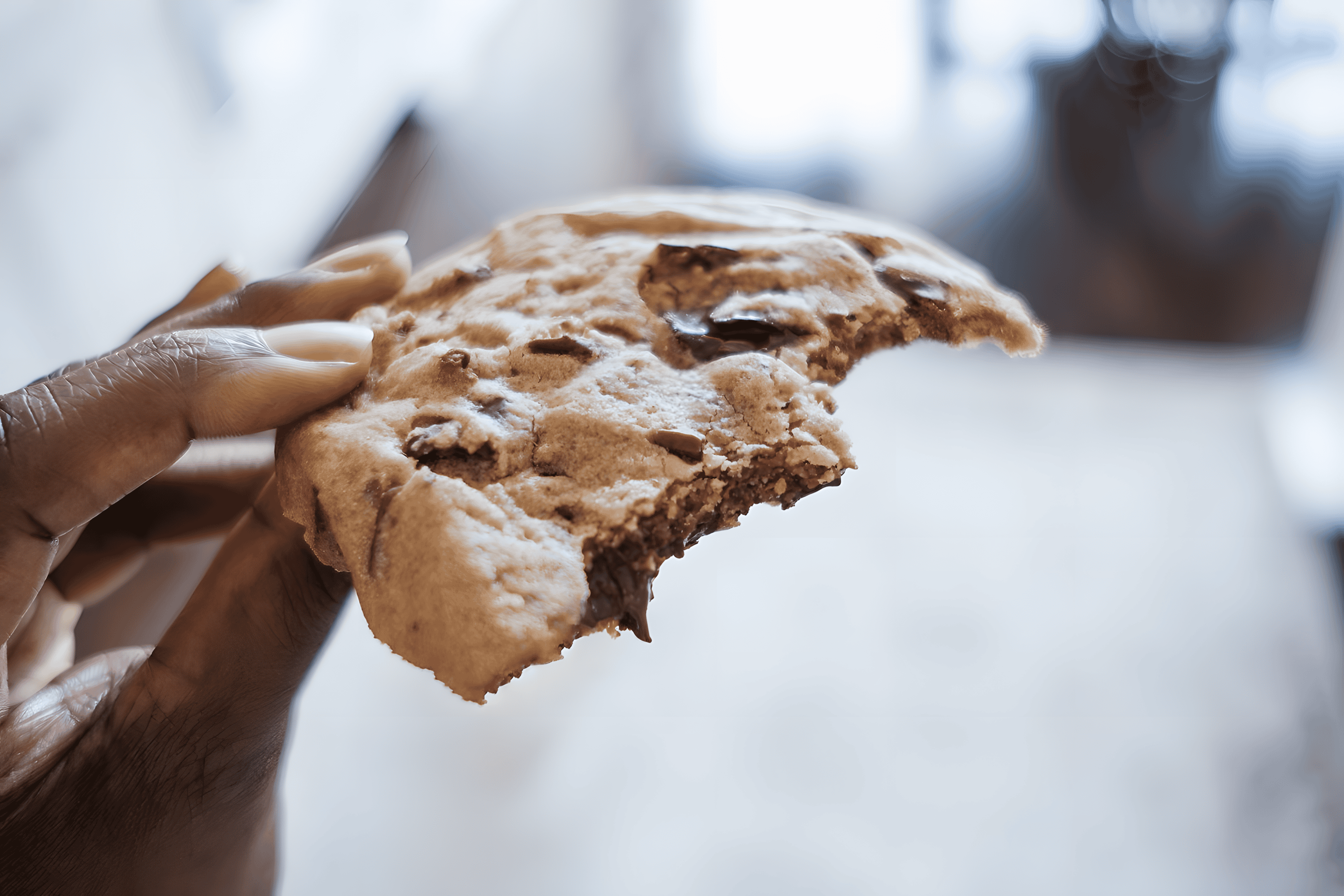Sugar cravings are common, and while indulging occasionally is normal, constant cravings can indicate underlying issues. Here’s why we crave sugar and when you should consider seeing a doctor.
Why We Crave Sugar
- Energy Boost
- Sugar provides a quick source of energy. When you’re tired, your body craves sugar to get a rapid energy boost.
- Brain Chemistry
- Eating sugar releases dopamine, a feel-good neurotransmitter. This makes you crave more sugar to keep that pleasant feeling.
- Habit
- Regularly consuming sugary foods can become a habit. Your body starts to expect sugar at certain times, leading to cravings.
- Stress
- Stress increases cortisol levels, which can lead to sugar cravings as your body seeks comfort foods to cope.
- Nutrient Deficiency
- Lack of certain nutrients, like magnesium or chromium, can trigger sugar cravings.
When to See a Doctor
- Constant Cravings
- If you’re always craving sugar, it might indicate a more serious issue like hormonal imbalances or insulin resistance.
- Uncontrolled Eating
- If you find it difficult to control your sugar intake, it could be a sign of a food addiction that requires professional help.
- Physical Symptoms
- Symptoms like frequent urination, excessive thirst, or unexplained weight loss alongside sugar cravings could indicate diabetes.
- Mental Health Impact
- If sugar cravings are affecting your mental health, causing anxiety or depression, it’s important to seek help.
- Digestive Issues
- Persistent sugar cravings accompanied by digestive problems could point to conditions like candida overgrowth.
Tips to Manage Sugar Cravings
- Balanced Diet
- Eat a diet rich in proteins, healthy fats, and fiber to keep your blood sugar levels stable.
- Stay Hydrated
- Sometimes thirst is mistaken for hunger. Drink plenty of water.
- Regular Meals
- Don’t skip meals. Eat regular, balanced meals to prevent sudden drops in blood sugar.
- Sleep Well
- Poor sleep increases cravings for sugary foods. Aim for 7-9 hours of quality sleep each night.
- Exercise
- Physical activity can help reduce cravings and improve overall health.
If sugar cravings are persistent and impacting your health, it’s important to consult with a healthcare provider. They can help identify any underlying issues and provide appropriate treatment.
Managing sugar cravings is essential for maintaining a healthy lifestyle. By understanding the causes and knowing when to seek help, you can take control of your cravings and improve your well-being.
